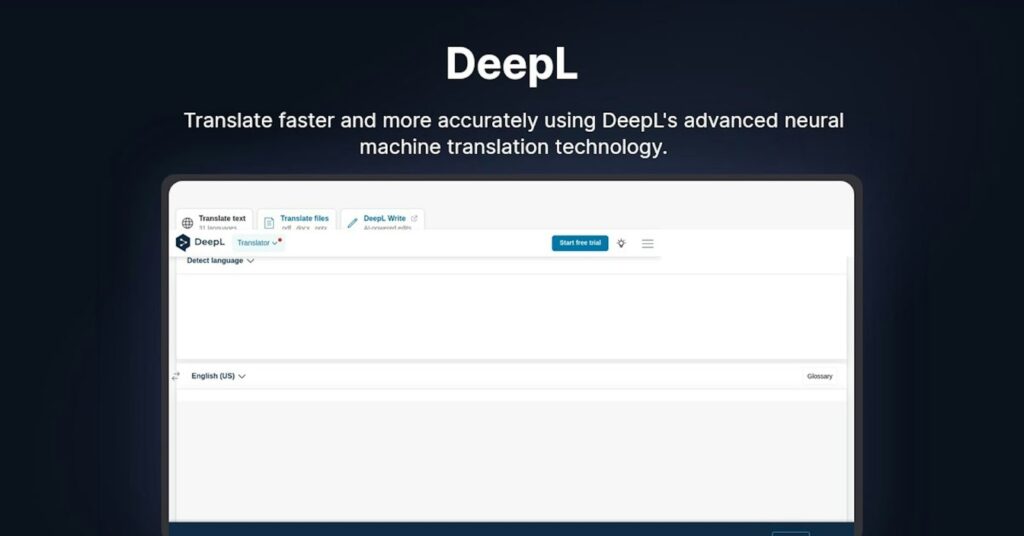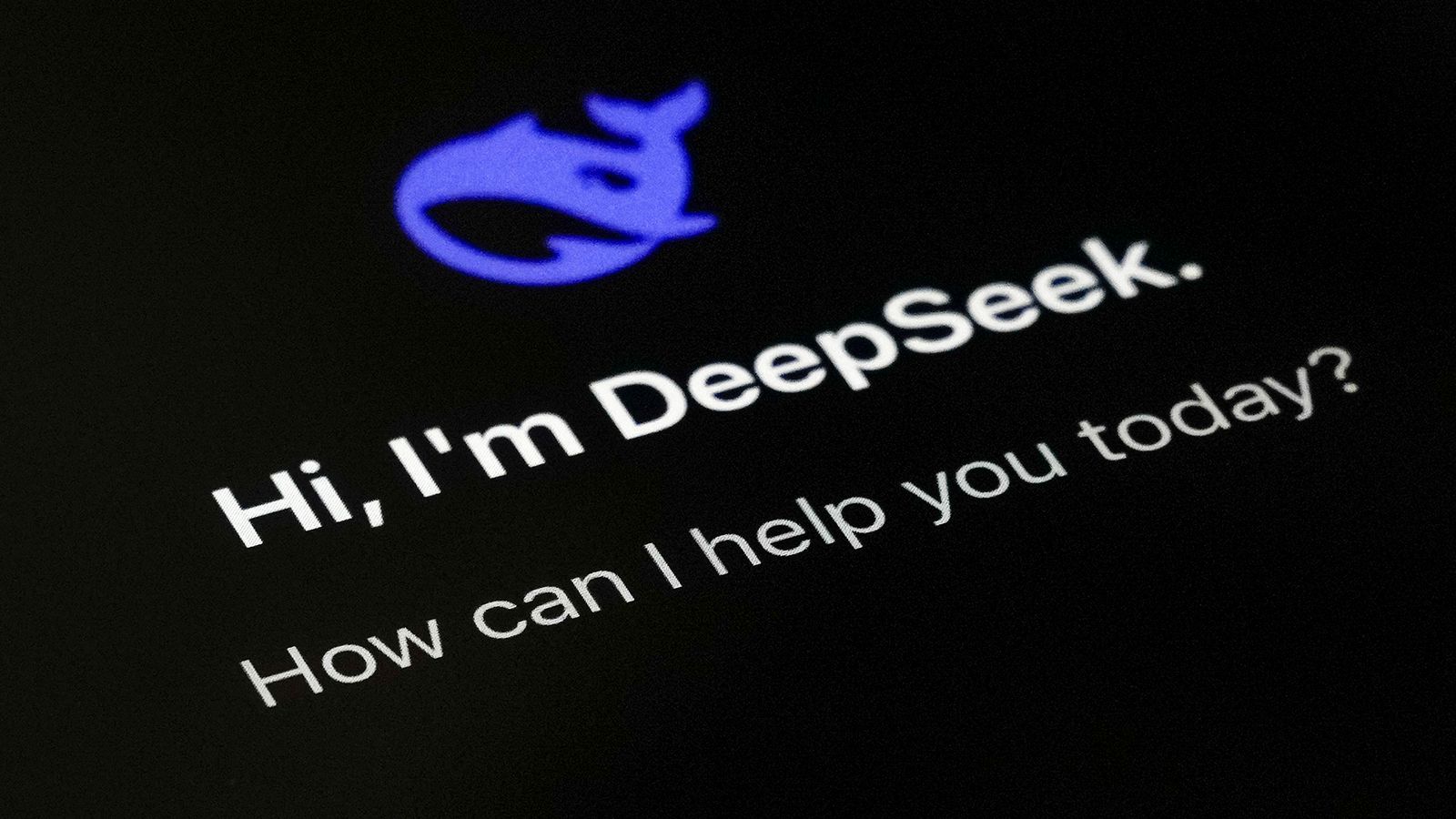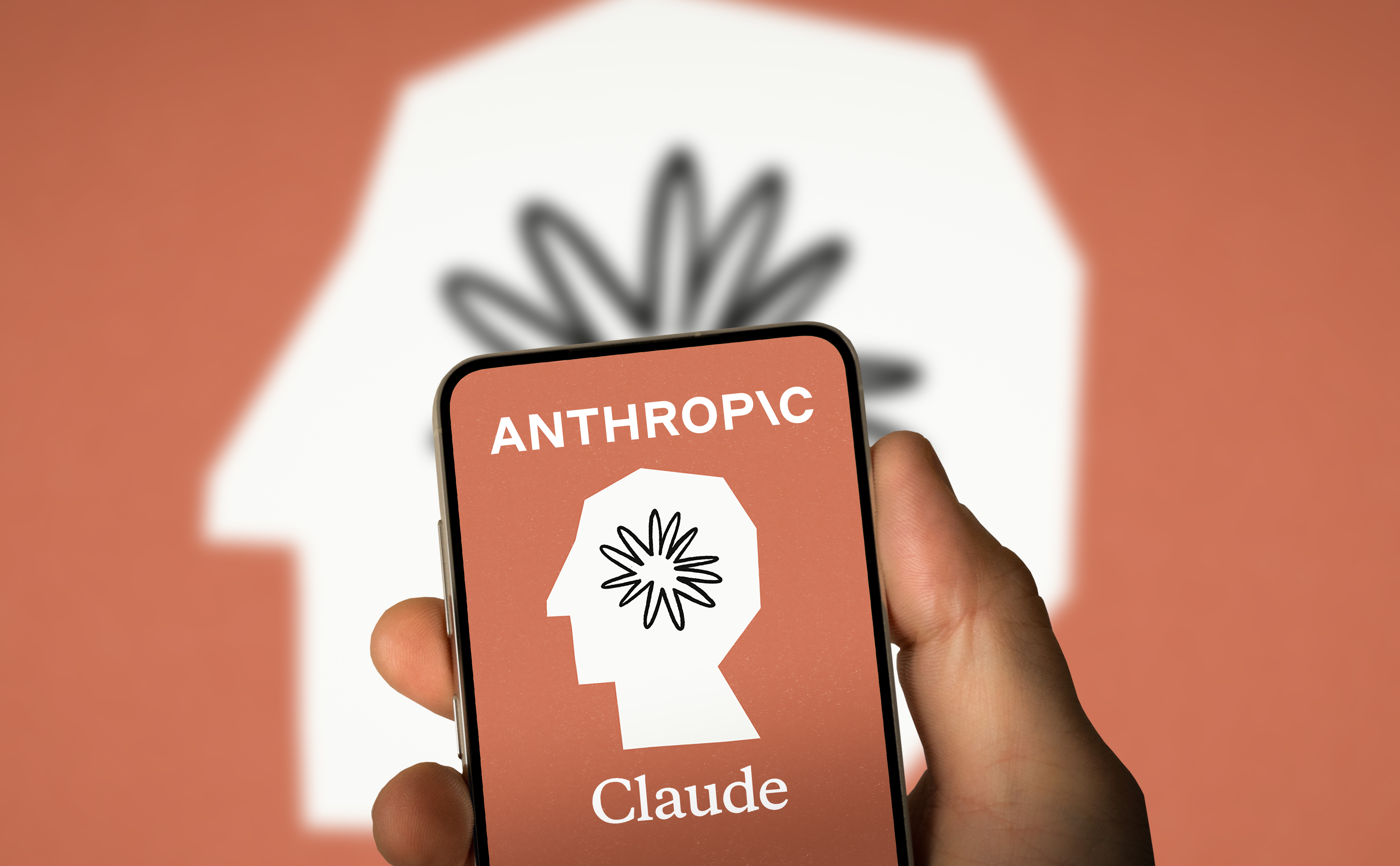Since its launch in 2017, DeepL, a global communications platform powered by Language AI, has experienced exponential growth, making the Cloud 100 list for two years in a row. Most recently, the company raised $300m at a $2 bn valuation.
The machine learning platform sells translation technology to businesses and other organisations and notes it has "a customer network of 100,000+ businesses, governments, and other organizations worldwide,". The organisation has stood out as a leading machine translation tool that uses advanced AI technologies to deliver translations across multiple languages, offering a number of products to fit users’ needs.
We spoke with Justyna Walkowska, a Director of Product Management at DeepL, to learn about her experiences in building a fast-growing AI product.

Justyna began her journey in product management with a degree in computer science and a PhD in Natural Language Processing, which DeepL focuses on primarily. She started out as a programmer in the research space, then joined Samsung to build LLMs as a Senior Software Engineer. Following this, she transitioned to a Technical Product Manager role at Fandom, and then a Director of Product position at Visa. After a two-year stint at Visa, she joined DeepL as the first platform product manager and has been growing in her career since then to reach the position of Director of Product.
"DeepL is a scale-up that has experienced immense growth," Justyna says, "when I think about my first few weeks at the company, it's so different from what it is now over two years on."
When she joined DeepL, Justyna was tasked with working alongside a team who had never collaborated with a product manager before. Reflecting on managing and growing the company’s second product, DeepL Write, she notes that the idea was quite vague, with unclear expectations, which created a positive 0-1 culture. Justyna also reflected on the data resources that they had at their disposal, "When I started at DeepL, we had access to so much quantitative data, which made it easy to ship great features and manage products."
Now, as the company expands into enterprise, it has a lot of customer information to guide its decision-making process.

What makes DeepL special
The company, now with over 1,000 employees, has been recognised for its superior translation accuracy compared to other products in the market. Its research indicates that in terms of translation quality, it is 1.3 times more preferred than Google Translate and 2.3 times more preferred than Microsoft. Its focus on quality over quantity has garnered a loyal user base.
DeepL offers three main products:
- DeepL Translator: Allows unlimited translations, supporting multiple languages
- DeepL Write: A writing assistant tool designed to improve monolingual texts
- Enterprise Solutions: tailored solutions for businesses, including secure communication channels and compliance with data protection regulations
- DeepL API: A developer-friendly, enterprise-ready translation API. This product allows businesses to make their content, apps, and products multilingual.
What has been the key to DeepL's accuracy and growth? Justyna explains that it's a combination of two things. "We have world-class researchers at the company, who have fantastic hardware at their disposal," she says. "This is how the company really started, from a bunch of researchers being excited about a new technology. But we combine it with a maniacal focus on translating incredibly complex texts such as medical notes, whilst also aiming to convert natural conversational language or even poetry," Justyna adds.
"We use all of our resources to solve a common pain for a lot of people out there, to solve communication problems." Justyna explains that there are many organisations with more resources than DeepL, but they are focusing on universal problems. Meanwhile, the team at DeepL has specific use cases for its customers. A key area for the company is to ensure that its translations are more natural sounding compared to its competitors.
Frameworks, methodologies, and A/B testing
Since joining the company three years ago, Justyna explains that when she joined, there was a strong focus on the B2C customer. However, now the company has its eyes set on Enterprise. "This shift in customer applies to methodologies too," she says. "When you work with B2C customers at scale, you tend to use quantitative data; that was the main way in which we were making decisions." However, the shift to enterprise has made the product team shift more towards use cases and balancing quantitative data with qualitative. Despite this shift in research, Justyna explains that all product teams regularly use AB testing and factor that into making product decisions.
One of the age-old challenges in product management is balancing listening to the customer, solving problems, and executing a strategy that makes sense for the business. To help with this, the popular framework Jobs to be Done has made sense for the product team to orient themselves on what really matters when looking to build something.
Product structure and team size
The product team structure at DeepL in 2021 started out as flat, with every product manager in the company reporting to Christopher Osborne, VP of Product at DeepL, Justyna explains.

As the company grew, it decided to introduce intermediate tracks, groupings of three to five product managers working on a related set of goals, with these teams reporting to group product managers along with corresponding counterparts in engineering. After that, one more level was added: Product Directors, who have more than one Group Product Manager reporting to them. DeepL made this decision to align with industry standards, along with ensuring that direct reports were not overloaded with too many reports.
The most recent reorg was to ensure that we had a more vertical structure. For example, the DeepL Translator product would have one team with product managers, group product managers, and a Director of Product, while the DeepL Write team would have a separate structure. Justyna says, “At the beginning of this year, we really thought about the structure of the product and engineering organisation to enable teams to do their best work and not rely on so many dependencies.”
Read more on product team structure:

Dealing with reorgs and change
One thing that Justyna has gotten used to is the sheer volume of change. "It's interesting because when people hear about reorgs, they panic, because change is hard for everyone, but also because, more often than not, it means layoffs," she says. However, the reorgs at DeepL are what they say on the tin: a restructuring of teams.
However, Justyna's parting advice is clear: "Don't be afraid of change," she stresses as she offers some advice on working at a place like DeepL. "There is no status quo. If you're being asked why we do things a certain way, and the answer is 'because we've always done it like this,' then this is the wrong answer."







Comments
Join the community
Sign up for free to share your thoughts